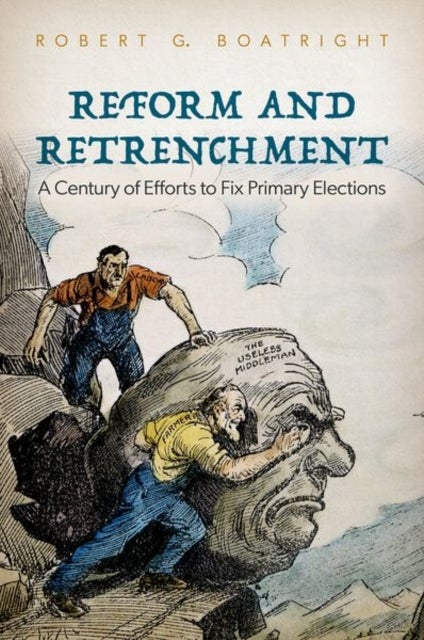
Reform and Retrenchment av Robert G. (Professor of Political Science Professor of Political Science Clark University) Boatright
799,-
The direct primary, in which voters rather than party leaders or convention delegates select party nominees for state and federal offices, was one of the most widely adopted political reforms of the early twentieth century. Yet after decades of practice and study, scholars have found little clear evidence that direct primaries changed the outcomes of party nominations. The conventional wisdom has always been that once the Progressive movement declined and voters became distracted by more pressing issues, parties slowly reasserted their control over candidate selection. This book shows that the conventional wisdom is wrong. Exploring changes in American primary election laws from the 1920s to the 1970s, Robert G. Boatright argues in Reform and Retrenchment that the introduction of the direct primary created far more chaos in American elections than most scholars realize. As he shows, political parties, factions, and reform groups manipulated primary election laws in order to gain an adv








